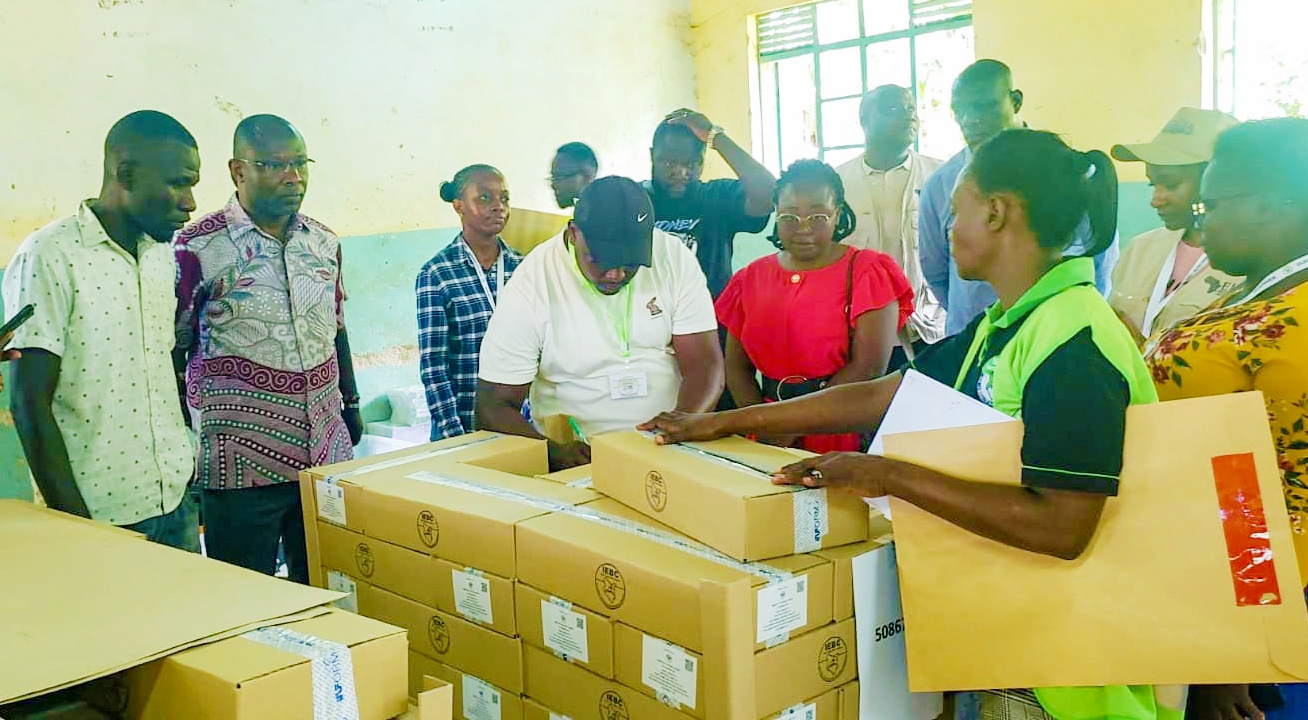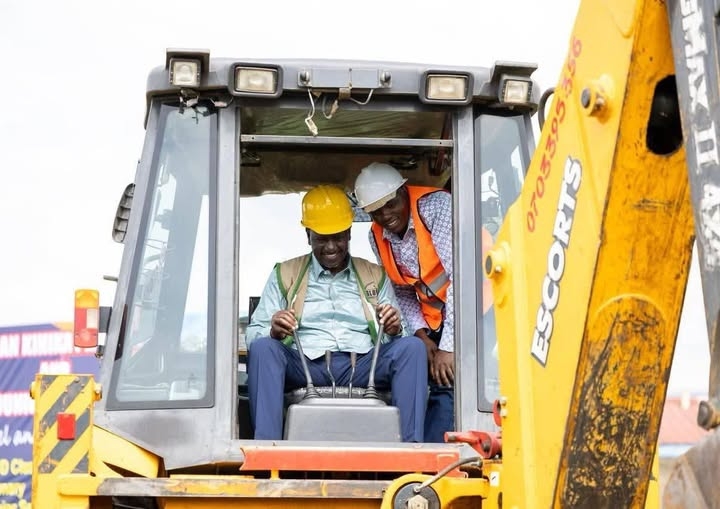Nurses, mechanics and cooks are the most sought-after Kenyan workers needed in Germany as part of the President William Ruto’s deal to send workers to the European country.
Germany’s deputy head of mission to Kenya Alexander Fierly says though virtually all sectors are ready receive qualified workers from Kenya, the three sectors are in high need for workers who meet the criteria.
He told the Star that besides the technical skills needed for the jobs, knowledge of German language is the top qualifier for anyone looking for a job opportunity in the country.
“Knowledge of German language is a must for any job and it is top of the list,” he said.
Fierly also clarified that the deal did not mean the German government had set aside some 250,000 jobs for Kenyans as has been reported in some quarters both in Kenya and in his country.
He said it was an arrangement that opened up the country’s private sector to source for workers from Kenya.
“It is the private sector in Germany that is now allowed to recruit based on their needs and subject to the qualifying criteria. The German government has reserved some jobs for Kenyans," he said.
The envoy said the deal struck during Ruto’s recent visit to Germany was meant to help Kenyans find jobs and at the same time meet the labour shortage in his country.
“It is a win-win arrangement. Nurses, mechanics and hotels workers are in much need. Nursing will require higher standards because it involves dealing with human lives, but the mechanics and cooks will not need so much heightened standards. Kenyans with Tvet qualifications are needed,” he said.
Fierly also said as part of the deal, young Kenyans who have ambition to work in Germany and meet requirement but do not have Tvet training, can also apply and get industries that are willing to take them up, put them through vocational training and later give them a job.
“It is subject to strict vetting, including having ability to speak German,” he said.
Fierly also said Kenyans who get such opportunities would be the best marketers of the country’s human capital through their good conduct and resilience in the face of adversity.
“If an employer gets a Kenyan who is not willing to stay, or gets home sick quickly, or gets overwhelmed by the new culture and weather and changes their minds, and it gets frequent, then the market may turn elsewhere.”
The ambassador’s clarification comes as the embassy and the Ministry of Labour plan to stage a conference of labour migration to Germany on Friday at Nairobi’s Sarit centre.
The conference to be run by German chamber of commerce will feature exhibition stand by German companies DHL and Beiersdorf among others.
It will also feature recruiting agencies from the country and Kenya as well as German entities that can provide relevant information on the subject in the context of employment or student mobility.
“This conference is one of the many steps to implement the German -Kenyan comprehensive migration and mobility partnership agreement,” a statement by the embassy said.
Bruno Backles, the head of the vocational training department, said the recruiting agencies from Germany will be scouting for the talent and are under strict rule regimes, including not demanding money from applicants.
“It is free to engage in the process. You only need to pay up to learn the language.”















